Ambulance patients face long A&E delays
- Published
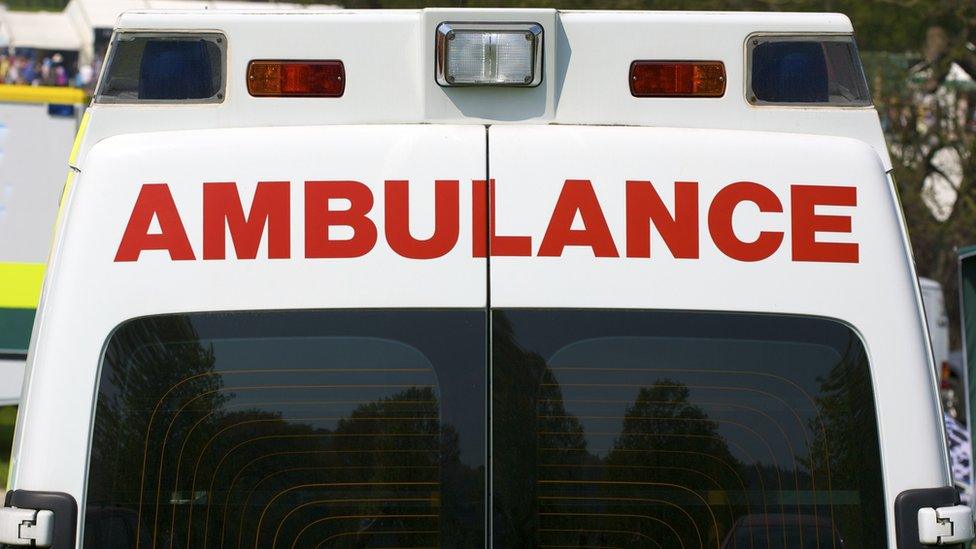
Thousands of patients taken to hospital by ambulance face long delays before being seen by accident and emergency staff, figures for England show.
Data obtained by Labour showed the number of waits of more than an hour had nearly trebled in two years.
NHS bosses blamed "increasing demand" for the problem - ambulances should be able to hand over patients to A&E staff within 15 minutes of arrival.
There were 76,000 waits over an hour in 2015-16, up from 28,000 in 2013-14.
The number of waits of more than 30 minutes rose by 60% over the same period, from 258,000 to nearly 413,000.
Ambulances made 4.7 million journeys to A&E units last year.
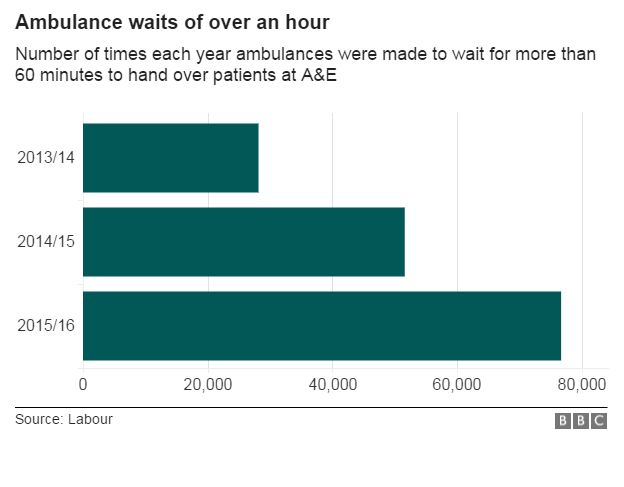
Ambulance crews said the most-life threatening cases would be prioritised when delays occurred, but the figures once again demonstrate the growing pressures on the system.
Delays occur when there are no A&E staff available for the ambulance crews to hand patients over to.
They then have to wait with their patients, meaning the ambulance is unavailable for 999 calls.
Ambulance crews say the delays are part of the reason they are struggling to meet their target of reaching the most seriously ill patients within eight minutes.
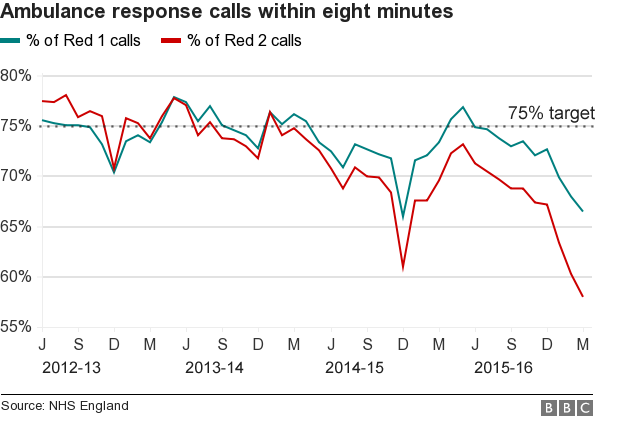
Shadow health secretary Jon Ashworth said the figures illustrated the "scale of the crisis" facing the NHS.
"The figures speak for themselves," he said.
"It is clear that this government has failed to grasp what is happening in our overstretched hospitals."
The data provided by ambulance trusts also showed some waits of more than six hours, although it is unclear whether that represented a "true wait".
Ambulance crews sometimes take care of multiple patients to allow other crews to get back on the road, so some of the long waits may reflect the total length of time multiple patients waited.
Errors in the way waits are recorded could also explain some of the extremely long waits - although West Midlands Ambulance Trust confirmed a wait of more than four hours seen this year was genuine.
'National crisis'
Christina McAnea, of Unison, which represents ambulance staff, said the delays were happening because A&E units were simply "overwhelmed".
"There's a national crisis in the ambulance service because of an extreme lack of funding across every part of the NHS," she added.
An NHS England spokeswoman conceded there was a problem, saying the waits were down to "increasing demand".
But she pointed out patients who were delayed were still receiving care from "skilled ambulance staff".
"Staff work hard to keep these occurrences to a minimum," she added.
Meanwhile, the Department of Health said it expected hospitals and ambulance trusts to "work closely" together to address the issue.
- Published13 October 2016

- Published13 October 2016

- Published15 September 2016
- Published14 September 2016

- Published14 September 2016

- Published9 December 2015
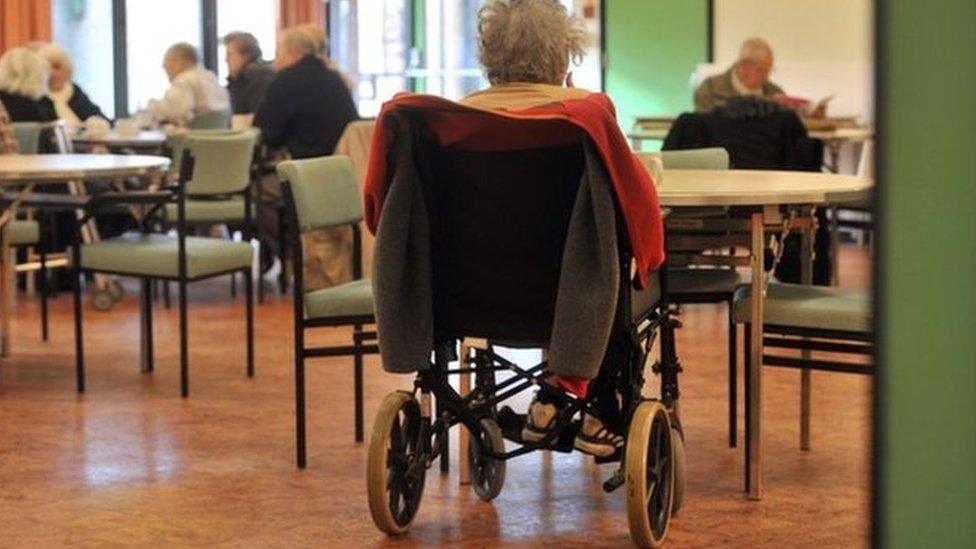
- Published9 December 2015

- Published19 November 2015

- Published7 October 2015
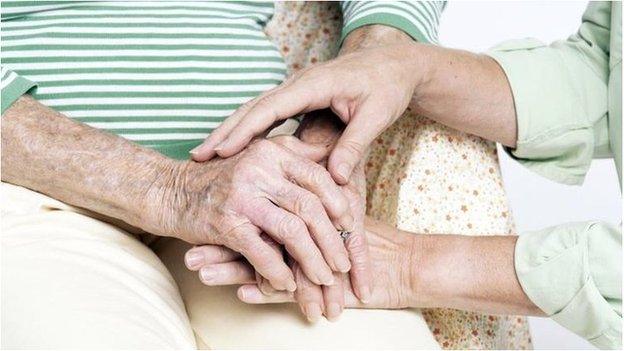
- Published17 July 2015

- Published28 July 2015
